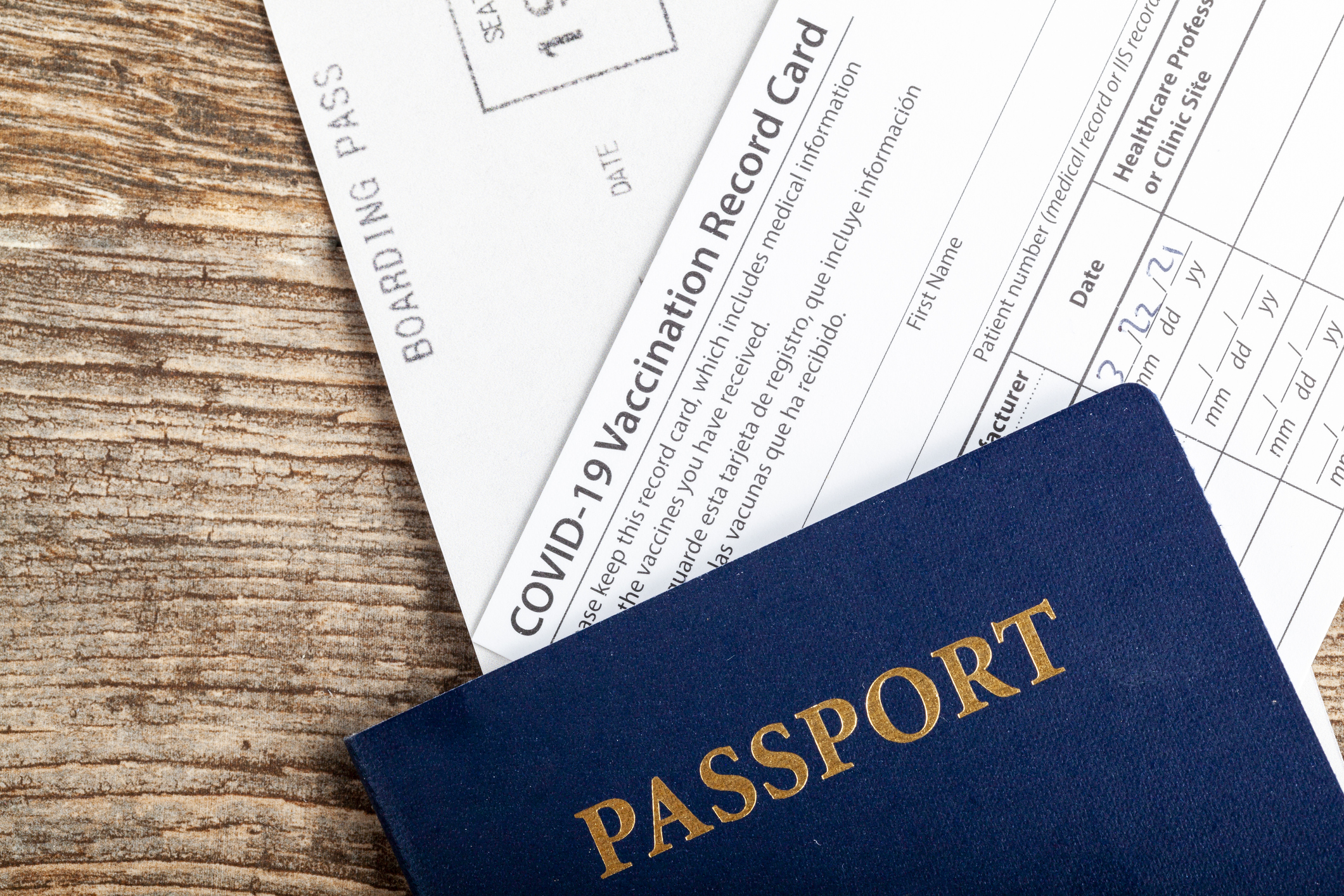Defining the COVID-19 Vaccine Data Part III: Travel Considerations, Childhood Vaccinations and the Persistence of the Delta Strain
In the third and final installment of our vaccination series, we uncover the data around the Omicron strain, vaccine safety in children and what it means as business travel returns.
January 3, 2022

When comparing the risk of getting COVID-19 to the risk of adverse vaccine effects, current research indicates that the vaccines are safer than risking hospitalization or the long-term effects of COVID-19. Yet, you may have employees still hesitant to receive a vaccination.
“The Delta variant is still killing unvaccinated Americans at over ten times the rate compared to those who are vaccinated,” said Vik Ramaswamy, Senior Risk Control Manager at Safety National. “Taking misinformation seriously and combatting it on a point-by-point basis is an employer’s best strategy to encourage their workforce to take the vaccine.”
In part three of our COVID-19 employer vaccination series, we break down the data associated with developing concerns and what the new Omicron strain means for Delta.
Is the COVID-19 vaccine as safe as the measles, mumps and rubella (MMR) vaccine for children?
All 50 states have vaccine requirements for school entry, with all states also requiring the MMR vaccine for childcare and all but one state (Iowa) requiring it for K-12 grades. Researchers from Europe concluded that the widely administered, but uncontroversial, MMR vaccine does technically result in adverse effects in roughly 15% of vaccinated children. They experienced temporary redness and swelling at the injection site. Compare this to documented adverse effects for COVID-19 vaccinations; University of California researchers found that 0.2% of study participants that received a full vaccination series experienced allergic reactions. These studies appear to indicate that widely administered vaccines can result in relatively minor adverse reactions to a small portion of the vaccinated population.
Is Delta still a risk with Omicron becoming the dominant strain?
While Omicron is currently the more dominant COVID-19 strain, an estimated 40% of new infections are still the result of Delta, per the CDC. Most recent mortality data compiled by the CDC indicates that roughly 17% of deaths occur amongst individuals aged between 50 and 64—a group that has experienced an uptrend in morbidity as the pandemic has progressed when compared to older groups. As such, COVID-19 can be as deadly as ever until researchers learn conclusively that Delta no longer poses a threat.
How can vaccine status affect business travel?
California, New York, Oregon and Washington either have a state-supported digital vaccine record portal or require vaccine status validation by businesses to travel, participate in certain social events and other activities. Irrespective of any personal policy reservations, American business travelers need to abide by these requirements to see clients within these jurisdictions. States like Washington offer a provision for a negative COVID-19 test as an alternative to the vaccine, but that may be taking a gamble. Pricing business on a negative test could result in embarrassing or cost-prohibitive situations. What if a client finds out about a COVID-19 positive result after a business meeting? What if a scheduled work lunch or on-premises meeting requires proof of a negative test, and none is available to be presented? The likelihood of these occurrences are largely mitigated by taking the vaccine.

























